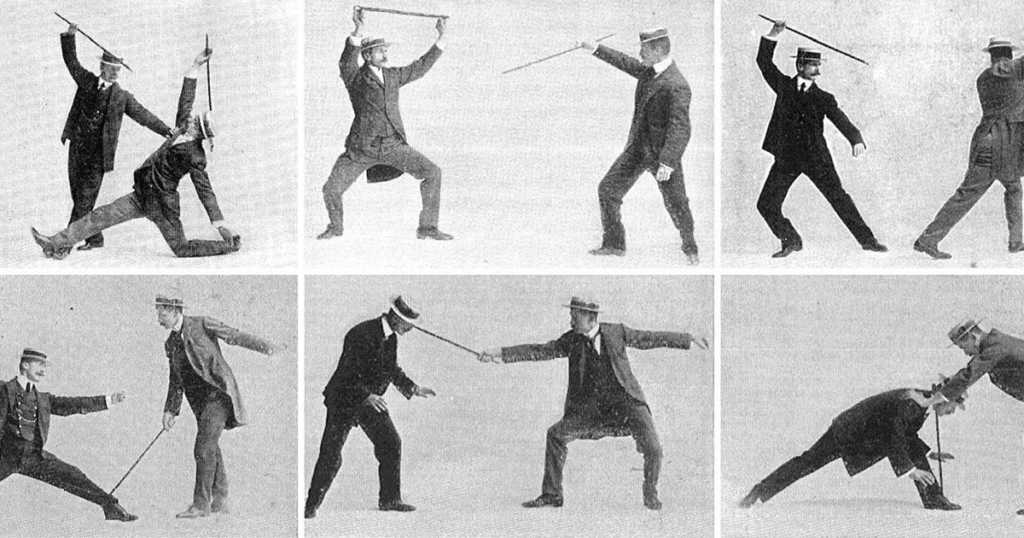
Jill Leovy is the author of Ghettoside: A True Story of Murder in America, which examined the reasons behind the high homicide rate among black Americans. The following passage is from her current project, a book tentatively titled Haters, about the role of petty conflict (and conflict resolution) in human history.
Big violence is a big topic. Small violence barely qualifies as a topic at all. War swims in seas of politics and history. Quarrels, fights, and feuds, on the other hand, are seen as mundane, trivial. Indeed, the word petty often attaches itself to this kind of conflict, as in petty infighting, petty disputes.
What I want to convince you of is this: the big lurks in the small. Tamping down arguments, the inevitable, tiresome fussing and fighting of daily life, is a problem of enormous proportions. It is, I submit, the fundamental problem. It seems to have come along very early in human history. Dispute resolution belongs among those early endeavors that archaeologists say are vital, like settling down or planting crops. Perhaps it came before them. It may have made them possible.
For, make no mistake, the most intimate personal relations are shot through with potential for limitless violence. Every human enterprise contains the seeds of argument, every argument a quickening of murder. G. K. Chesterton once compared the mystic vision of Saint Francis of Assisi to an image of the world upside down, as if magically suspended in midair, its very existence miraculous. When I think of communal life, I think of Chesterton’s metaphor. I see this thing people call “community” as if hanging upside down—as if it were miraculous that, at any moment, all human interactions didn’t collapse into bloodshed. It is perhaps too obviously a sign of having worked too long as a police reporter, but I often wonder: why aren’t more people killing each other?
What would human history look like if we were to make that question the heart of the matter? What if we were to drop this habit of talking about human “communities” and assume instead that all personal interaction, at all levels, naturally tends toward rancor and eventually to violence, and that once started, virtually no fight will end of its own accord? What if we see people not as natural collaborators, but as natural antagonists, born haters? What if we stopped automatically assigning the word petty to jealousy, spats, and minor dustups, and instead promoted these to the status of grave threats, primal challenges to stability, even to survival?
Only then does a great mystery take shape through the fog of human history: the boggling mystery of cooperation.

